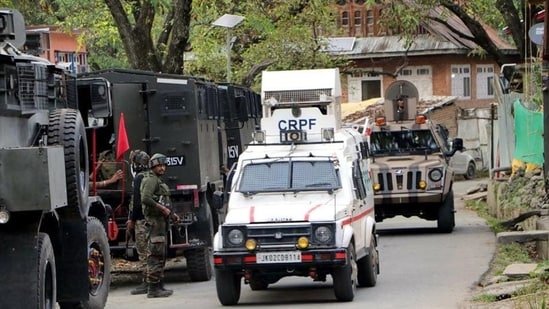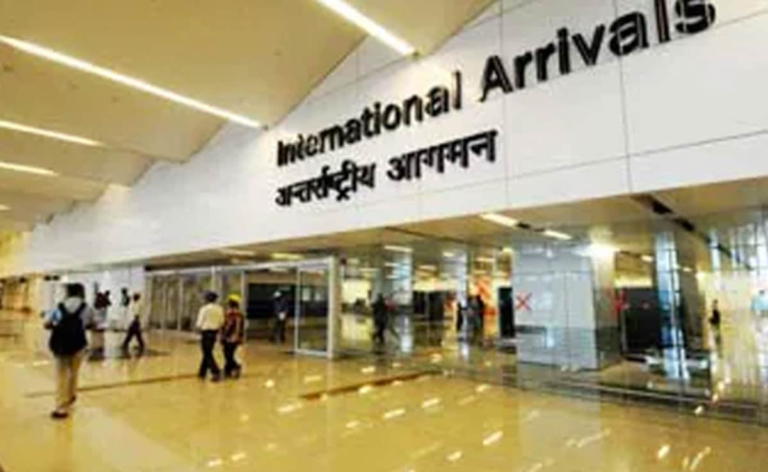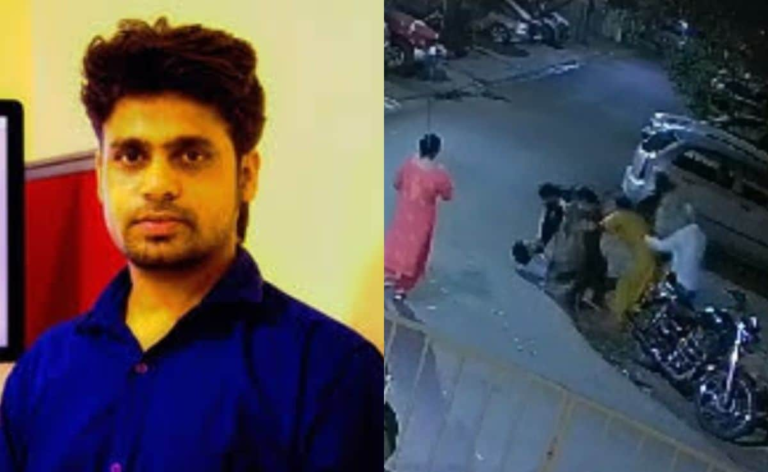
The terrorist attack in Anantnag district, South Kashmir is a wake-up call. It blots the government’s narrative that terrorism is under check in the Union Territory (UT) and casts a shadow over its plans to restore grassroots democracy. Official data suggests a decline in terrorist attacks – 30 incidents till July 31 this year compared to 125 in 2022. The apparent calm has revived tourism with J&K reporting record footfalls. Meanwhile, the government has scheduled local bodies polls in October. The incident on Wednesday, in which two Army officers and a senior police officer died, threatens the UT’s prospects for peace.

This is the second attack in Anantnag in the last three months. South Kashmir, once a hotbed of militancy, has been relatively incident-free since 2019, albeit under a severe security umbrella. Hence, the discovery that the Lashkar commander killed during the Army operation on Wednesday is a local resident is cause for concern. Does it suggest a revival of militancy locally? A worrying question is if the Anantnag incidents are related to a series of terrorist attacks reported from the Rajouri-Poonch region that borders South Kashmir, since 2021. In October 2021, five soldiers were killed in an ambush and four more died during Army combing operations. In April and May this year, 10 soldiers were killed in two separate incidents in the same region. Earlier in January, seven civilians were killed in Dangri, Rajouri. The assailants could not be traced.
These spurts of terrorist activity should not distract the administration from the larger tasks on the ground, such as the restoration of normal civic activity and democratic government. Meanwhile, the fight against terrorism must continue relentlessly.
Embrace independence with quality journalism
Save on HT + The Economist subscription








